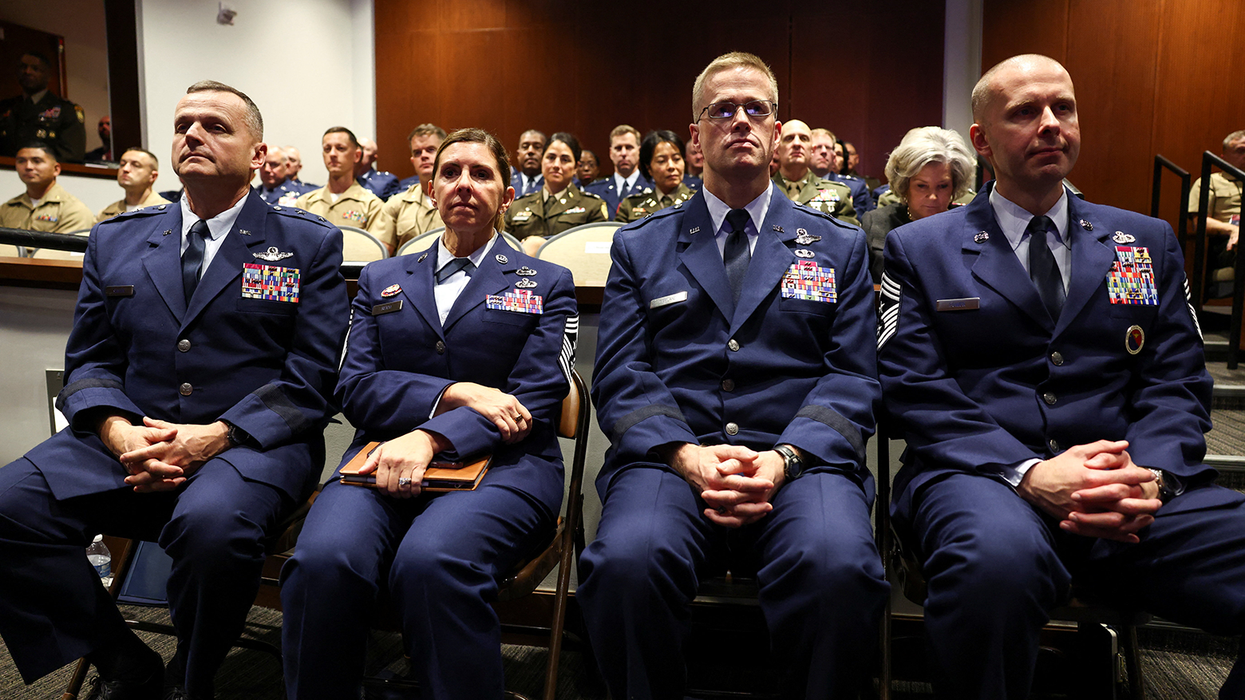A video produced by Democrats urging members of the military to defy illegal orders kickstarted a media frenzy this week, spurred on by social media posts by President Donald Trump’s call for the lawmakers to face the death penalty. Writing for The Bulwark on Friday, a retired U.S. Army lieutenant general has provided a deeper context for which members of military could do such things, and which cannot.
The video features six Democratic representatives and senators, each with a background in the military or an intelligence agency, reminding active members of the military that they have the right to ignore illegal, unconstitutional orders. This comes as the Trump administration has made increasingly controversial moves with the military, including strikes on boats in the Caribbean Sea with little justification and musings about deploying forces against civilians in American cities.
In response to this video on Thursday, Trump took to Truth Social to accuse the six Democrats of “seditious behavior” and call for them to be arrested, tried, and face the death penalty. Following this series of posts, Democratic lawmakers reported a surge in death threats against them, prompting party leaders to request extra security from Capitol police.
Writing for the anti-Trump moderate conservative publication, The Bulwark, Lt. Gen. Mark Hertling explained what was meant when the six lawmakers said the military members can defy illegal orders.
Contrary to what some might assume, Hertling explained the enlisted members — the “boots on the ground” military forces — swear an oath to respect the Constitution, but also their chain of command, including language about swearing to obey the President of the United States. Because of this, they are bound to carry out orders from their commanding officers, meaning that the accountability for determining if an order is illegal lies “one level up” the pecking order with those officers.
According to the different oath sworn by these officers, they must swear to “support and defend” the Constitution, “bear true faith and allegiance” to it, and to “well and faithfully discharge the duties” of their station. Unlike their subordinates, officers take no oath to obey the president, allowing them to be the filter for what orders reach the enlisted personnel. Put more succinctly by Hertling: “Enlisted personnel obey lawful orders; officers ensure the orders that reach them are lawful.”
“That omission is not an oversight,” the former general explained. “Officers give orders, evaluate legality, and act as the constitutional circuit breakers the Founders intended. They are expected — by law, by professional ethic, and by centuries of tradition — to exercise independent judgment when presented with a questionable directive. Officers are duty-bound to refuse an unlawful order. It is not optional. It is not situational. It is their job.”


